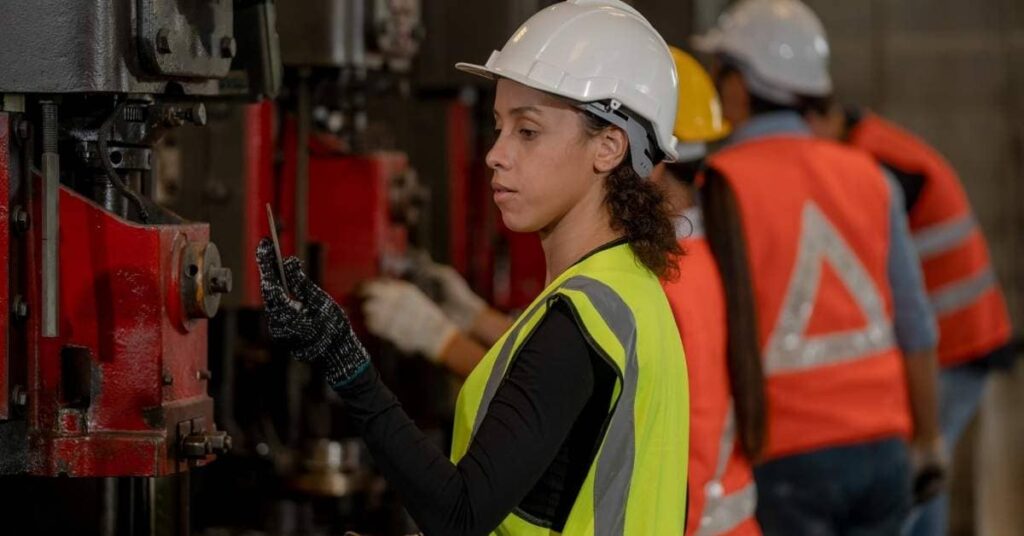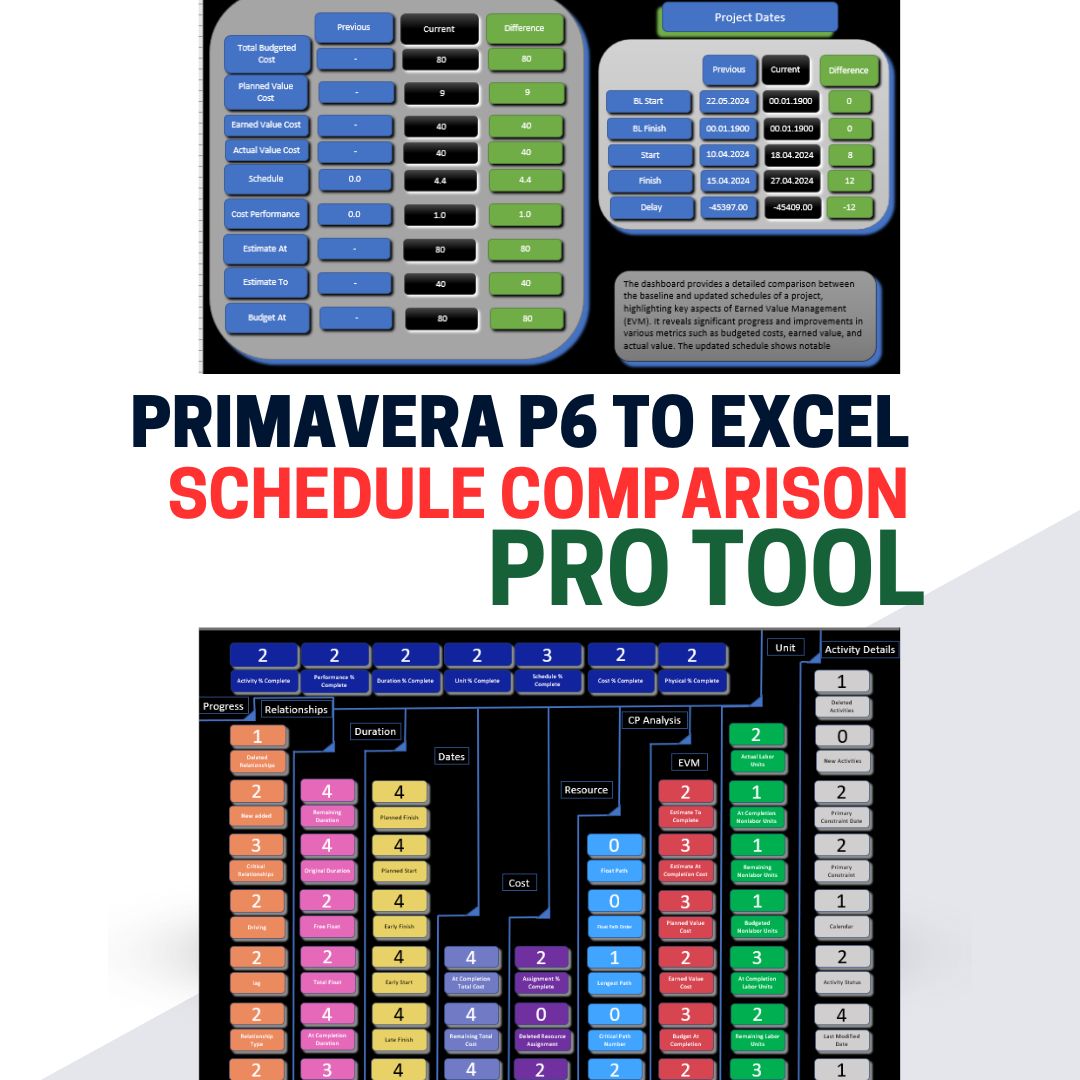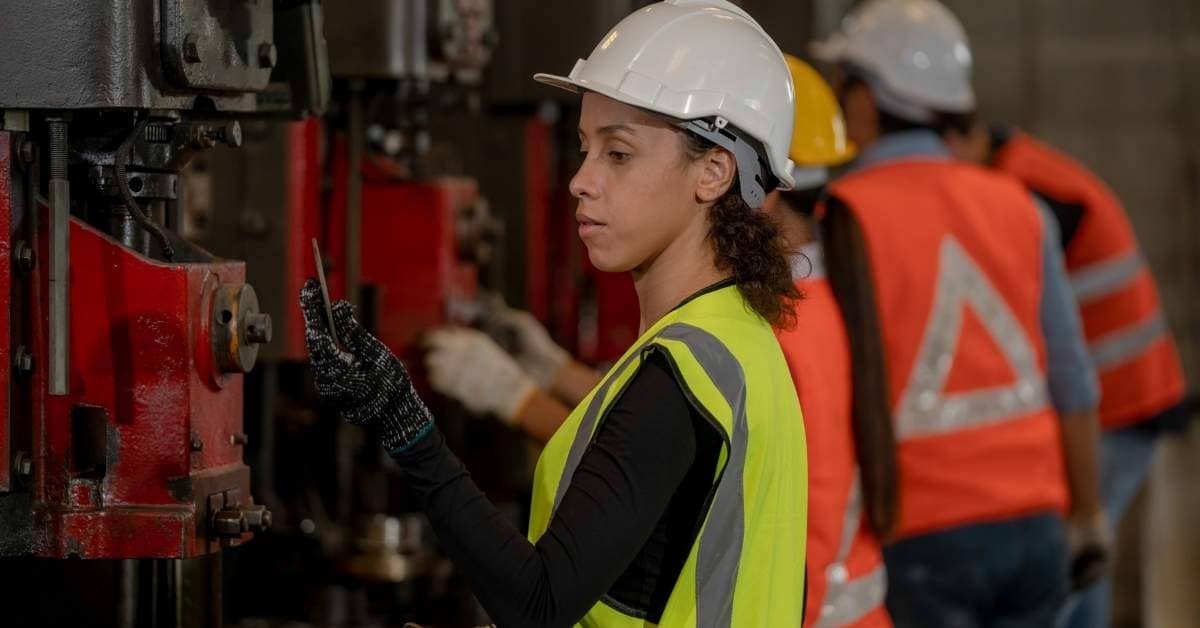
Introduction
Mechanical work is one of the most misunderstood topics in the construction industry. Even though it has been helping construction workers for years now, there are still a lot of misconceptions surrounding it. Mechanical work can be done with or without human labor; thus, it can be used to help humans save energy and time. We will discuss why contractors should invest in this type of work and how they can benefit from it in this article:
What is Mechanically Assisted Work?
Mechanical work is the use of machines to perform construction activities. It is a combination of mechanical and manual work, which means that it is a cost-effective way to complete construction activities. Mechanical work has gained popularity in recent years due to its ability to save money on labor costs and increase productivity.
Mechanical work has been around for decades but only recently gained traction as an alternative method of completing construction activity compared with traditional manual labor methods like digging trenches or lifting heavy objects into place by hand. With new technologies coming out every day, there has been a shift from traditional manual labor methods towards mechanized techniques such as cranes and excavators more often used today than ever before!
How Mechanical Work is Changing Construction Activities to Make Them More Productive?
Mechanical work is cost-effective
Mechanical work is fast
Mechanical work is safe
Mechanical work is environmentally friendly
Mechanical work is flexible and reliable
Mechanically assisted construction works faster, more safely, and more efficiently than conventional methods. It offers greater flexibility in site access, enabling construction on the ground that would otherwise be inaccessible for large machinery. This can lead to significant time savings during any project duration by shortening the completion period of a project or reducing downtime due to weather conditions or other factors affecting health & safety compliance requirements (for example adverse weather conditions). Because many mechanical systems are able to operate at high speeds with minimal operator intervention, this also helps reduce unnecessary costs associated with labor resources required for manual operations such as digging trenches manually using shovels etcetera; which often results in injury accidents causing serious staff injuries/deaths too!
Mechanical Work–The Hidden Potential for Human Labor Cost Reduction?
It is important to note that the cost of human labor will never be as low as the cost of mechanical work. This is because mechanical work does not need to be paid by its workers. Mechanical work can also reduce costs associated with transporting materials to and from sites, which will always be more expensive than sending robots instead.
Future of Mechanically Assisted Work in Construction Activities and the Impact on Human Labor
The future of mechanically assisted work in construction activities and the impact on human labor.
The impact of mechanized work on the construction industry.
The impact of mechanized work on the economy.
The impact of mechanized work on the environment.
The mechanism used by construction companies to reduce their operating costs and improve productivity, increase profits, attract new customers and retain existing ones through offering higher value products at lower prices, while simultaneously reducing their carbon footprint by reducing resource consumption (e.g., energy consumption).
Even though mechanical work has been helping the construction industry for years now, there are still a lot of misconceptions surrounding it. Here are some facts to help you understand this topic better.
Even though mechanical work has been helping the construction industry for years now, there are still a lot of misconceptions surrounding it. Here are some facts to help you understand this topic better:
- Mechanical work is not just for large projects. A lot of people think that only big construction companies can use this method, but that’s not true! It can benefit any type of business or project, regardless of its size or complexity. For example, if you want to install a new kitchen in an apartment building with 10 units, using mechanically assisted work will save time and money compared with doing everything manually by hand.
- Mechanical work is not just for big machines either—you don’t need expensive equipment like cranes or excavators in order to use this method effectively! There are numerous smaller tools designed specifically for small-scale projects such as remodeling a bathroom or replacing an old roof instead; these tools allow anyone with basic carpentry skills (such as installing flooring) access to these advanced techniques without having access to huge budgets required by traditional methods such as manual labor alone.”
Conclusion
We hope that this article has helped you learn more about the topic in question. Mechanical work is not only an important aspect of construction activity but also a very productive one. If your company is looking for ways to reduce labor costs and increase productivity, then it’s time to consider implementing mechanical work into your operations. With so many benefits related to it, there’s no better way to improve efficiency and profitability than investing in this type of technology today!
Leave a Reply
You must be logged in to post a comment.


























































